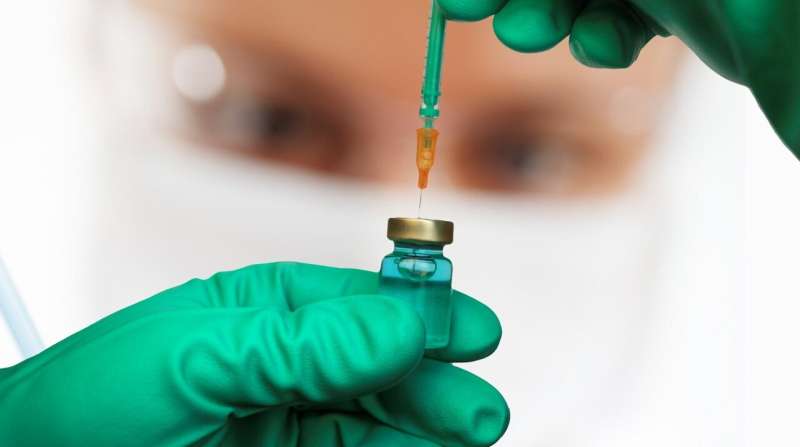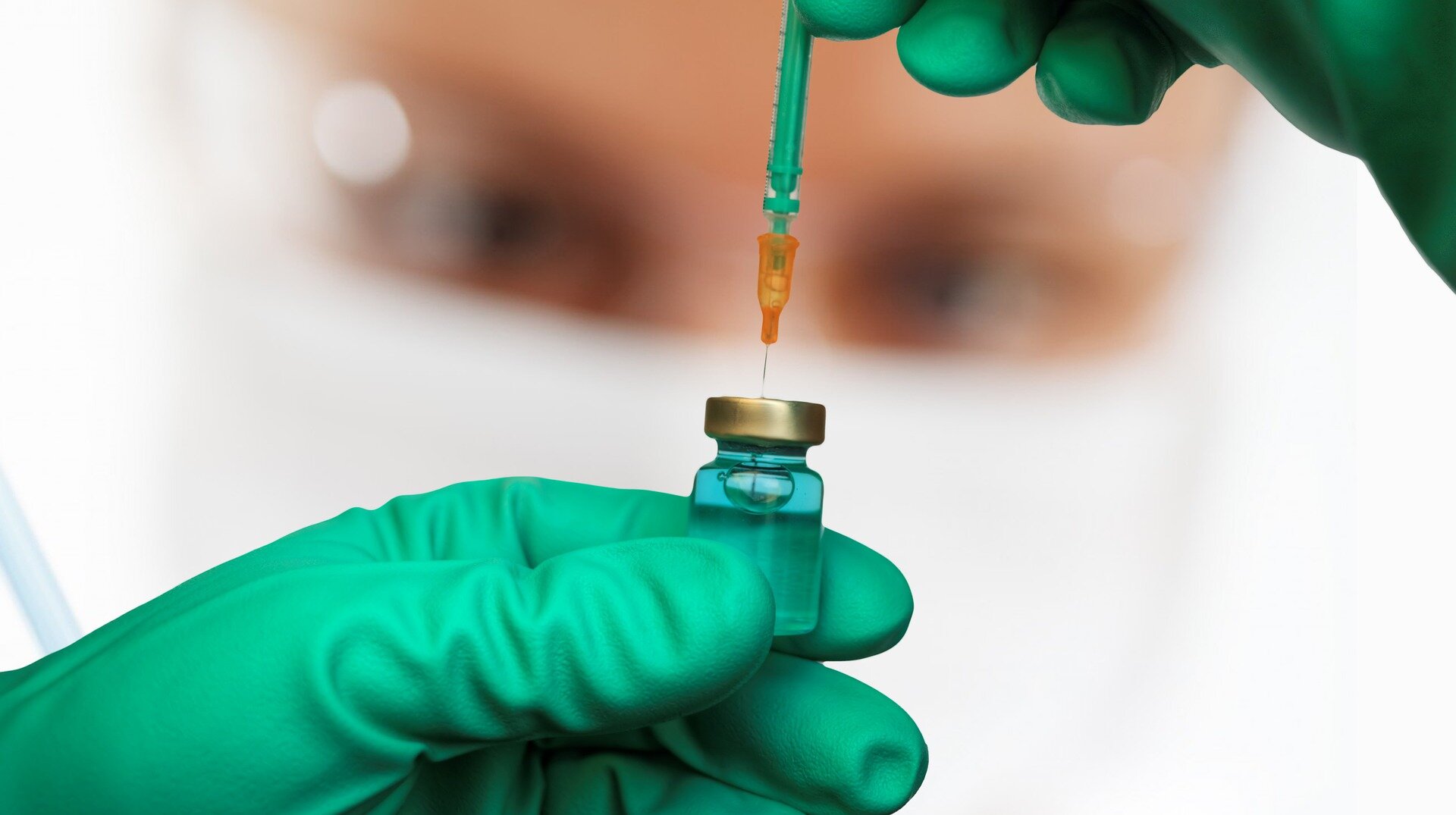
Patients with cancer whose immune systems are being supported or rebuilt by bone marrow transplantation should begin receiving vaccines for protection against SARS-CoV-2 three months post-transplant, according to a large, prospective, observational study led collaboratively by the Center for International Blood and Marrow Transplant Research, the Blood & Marrow Transplant Clinical Trials Network and Fred Hutchinson Cancer Center. The research, involving 22 cancer centers and research institutions in the United States and focusing on mRNA-based vaccines, is published in eClinicalMedicine.
“People with cancer, and especially those undergoing bone marrow transplantation as part of their treatment, are highly vulnerable to infection. Initial studies showed that up to 30% of these patients who became infected with the virus that causes COVID-19 died within four to six weeks,” said Dr. Joshua Hill, a Fred Hutch specialist in treating infectious diseases in people who have cancer and the study’s lead author. Dr. Hill also is an associate professor of medicine at University of Washington School of Medicine.
The study is one of the largest prospective analyses of vaccination for any pathogen within the first year after hematopoietic cell transplant. It evaluated strength of immune response against the virus, comparing results in participants who initiated vaccination earlier than four months versus those who received their first shot 4 to 12 months after bone marrow transplant.
“We undertook this study to help patients and their doctors determine the best time to begin SARS-CoV-2 vaccination because there was little information on these vaccines in this group of patients,” said Hill. “We found that initiating an mRNA vaccination series between three to four months after bone marrow transplant should be routinely performed as part of a comprehensive infection prevention strategy.”
Although current guidelines in the U.S. call for SARS-CoV-2 vaccination to start three to six months post-transplant, those recommendations were based on limited evidence, such as historical experience with previous vaccines that targeted other pathogens and did not use the mRNA platform. Further, the COVID-19 vaccine efficacy clinical trials did not include participants who had undergone bone marrow transplantation.
Until now, studies of SARS-CoV-2 vaccines in this patient population had been relatively small and primarily focused on patients vaccinated after the 3- to 12-month time frame. Some also lacked data on T-cell responses and neutralizing antibodies, which are important measures for accurately assessing protection from severe COVID-19.
This study tracked immune responses and safety data in 175 patients who received a first mRNA vaccination within 12 months of bone marrow transplant. All but one patient received mRNA-based vaccines. Of the total, 76 participants were vaccinated within the first four months following bone marrow transplantation; 99 participants were vaccinated between 4 and 12 months of the procedure.
“There are few studies of mRNA vaccine formulations for SARS-CoV-2 or other pathogens in patients who have undergone bone marrow transplantation,” Hill said. “Our study provides encouraging proof-of-concept for using early vaccination to target this and other pathogens using the mRNA platform.”
Additional study details:
- Participants at comprehensive cancer centers were eligible to join the study, which enrolled between April 22, 2021, and Nov. 17, 2021.
- Researchers obtained blood before and after each vaccine dose for up to four doses.
- The investigators tested for immune response to SARS-CoV-2 spike protein, neutralizing antibodies for several coronavirus variants and SARS-CoV-2-specific T-cell receptors (TCR).
- SARS-CoV-2 antibody titers, neutralizing antibody titers and TCR data did not significantly differ at the tested time points following the second vaccination, whether patients started vaccinations before four months or during the period of 4 to 12 months after bone marrow transplant.
- Results did not appear to be impacted by the use of immunosuppressive medications or a diagnosis of graft versus host disease.
More information:
Joshua A. Hill et al, SARS-CoV-2 vaccination in the first year after allogeneic hematopoietic cell transplant: a prospective, multicentre, observational study, eClinicalMedicine (2023). DOI: 10.1016/j.eclinm.2023.101983
Journal information:
EClinicalMedicine
Source: Read Full Article
